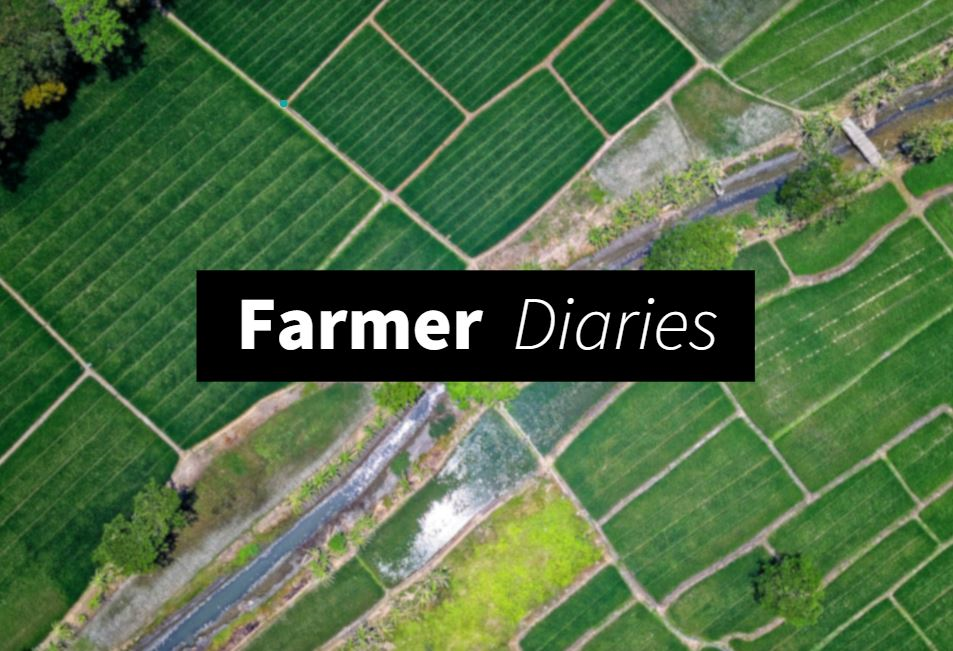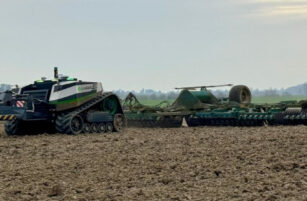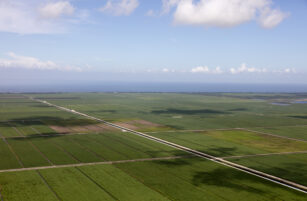Insight Focus
Rainfall on the farm has been higher than expected. But the soil still remains dryer than last year. A warm winter and rainfall have caused disease in the wheat crop. Given the dearth of neo-nics, a high proportion of the sugar beet crop is likely to sustain yellows virus this year.
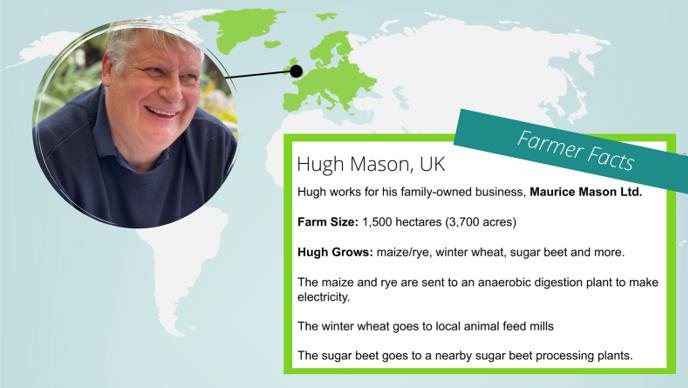
What’s Happening on The Farm
It’s fair to say this month has been very exciting — most notably Cecilia discovered a goose on our weighbridge.

It has not rained as much as previous months. In fact, and I find this hard to believe myself, our soils are drier now than they were at this time last year.
We have also been shown the future — a robot arrived on farm for a demonstration. It spent the day slowly and very accurately cultivating a field. On the same day, we had a tracked tractor on demonstration too. But while the tractor stopped when the driver wished to, the robot kept walking along. There is a change of mindset coming and once that has happened, we will be in the robotic era.
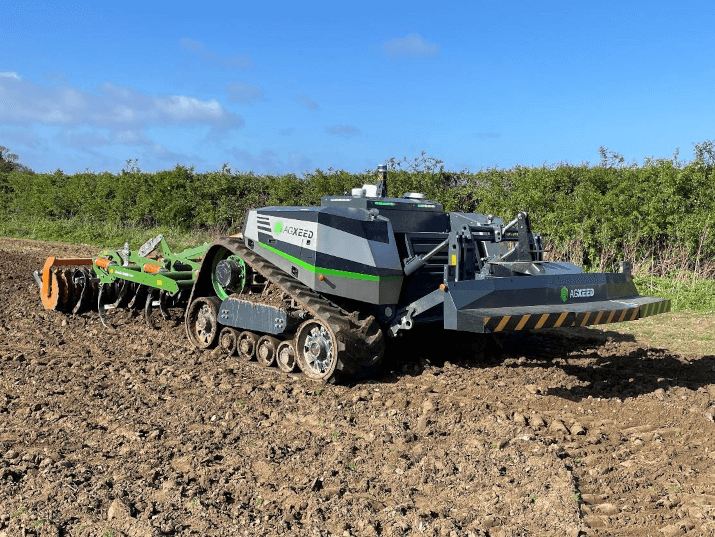
Rather more mundanely, spraying and fertilising of our crops carries on and we now deliver our wheat to the local feed mill.
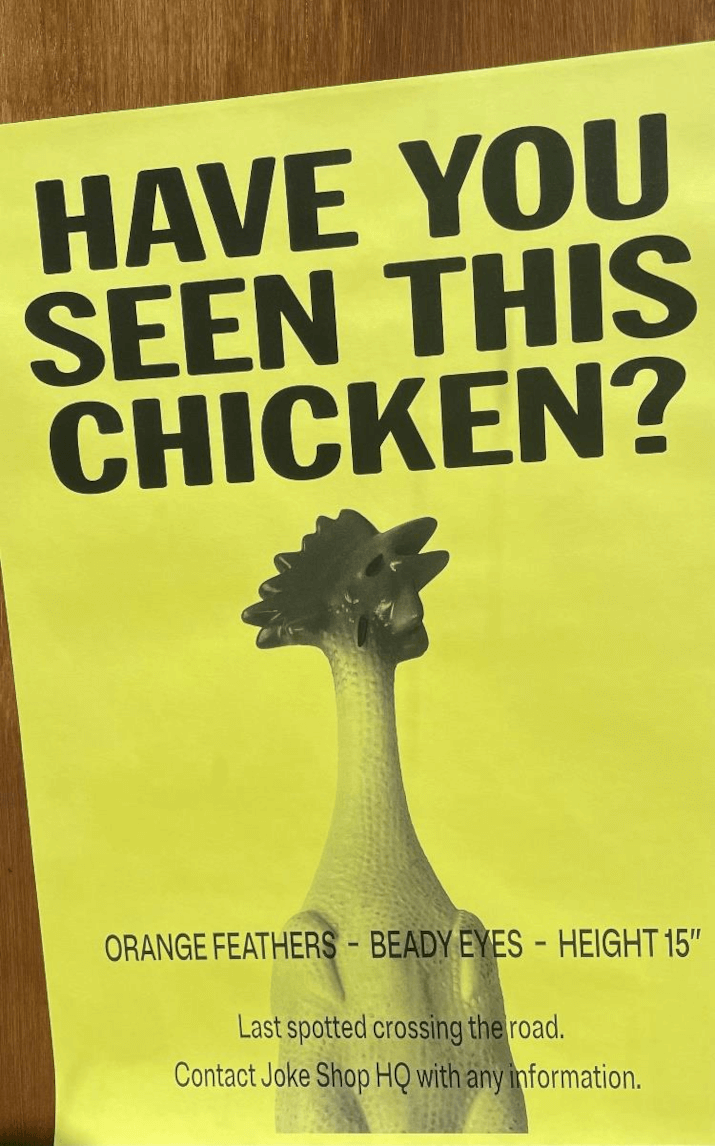
State education of the farmer continues — this time on soils. Not every event is well attended.

Finally, it being my birthday, my lovely wife took me for an agricultural lesson with Jethro Tull. I had a great night but learned nothing about the day job. Jackie was mildly surprised.

At What Stage Is Your Crop?
Wheat/Rye
With more rainfall than I expected, we have continued to fertilise our wheat. We have split this crop into two groups. The first is what we are calling “good” where we have increased N applications by circa 50kg. We are calling the second group “rubbish” as we have not changed our N rates from the calculations we carried out at the beginning of the fertilising season.
We have seen a lot of disease come into this crop and whilst not at the most critical point of the year (flag leaf emergence) it has caused stress for both plant and farmer. Looking back at this, as an issue, I think we have been caught out by the warmth of winter and rainfall has made disease movement up the plant easier.
The other issue now showing is the quantity of black grass. This is a particularly English problem that is getting worse and will, undoubtedly, lower yield this year and probably next. This problem persists across most of England.
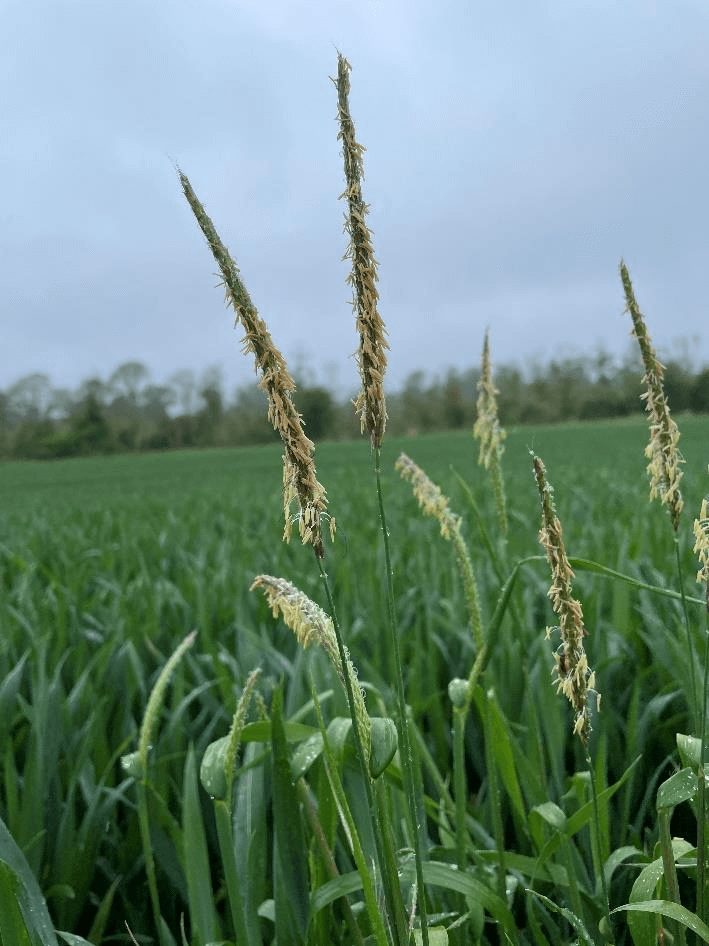
For similar reasons as disease, we are seeing the orange wheat blossom midge arriving roughly a month earlier than last year. Much to my delight, there is also a lemon wheat blossom midge and finally a new one (to me at least) called the saddle gall midge. Insects are an increasing threat to agriculture.
Although continued rain has been helpful, it must carry on raining for a weak rooted plant to get moisture. Regardless, I think UK wheat yields are going to be down. Long term weather probabilities suggest increased heat, which will lower yield.
Rye has grown well and is now in full ear. I believe the weather risk is starting to recede for this crop.
While gloomy about wheat, weather conditions for spring barley thus far have been kind. This crop is in the ground and well established. But, of course, everyone is growing spring barley this year for the same reasons as I am.
OSR
We haven’t had the severe frost they talk about on the continent, but we have seen some below-zero night temperatures during flowering, which must reduce yield. My neighbour still has one very good field, but the bad field has now been sprayed off. It is hard to find anyone that enthuses about this crop, and I would expect to see the area drop for next year again.
Sugar Beet
Sugar better was drilled late this year, but into surprisingly good seedbeds considering the winter. If it comes hot and dry (I still think this is going to happen) I’d hope that the tap root goes down with the moisture.
However, there are many aphids around and you’d have to argue this is a year for yellows virus on a good percentage of the crop. Roughly 40% of the English crop does not have protection via neo-nicotinoids. If we get virus, our plant will be weaker against summer disease.
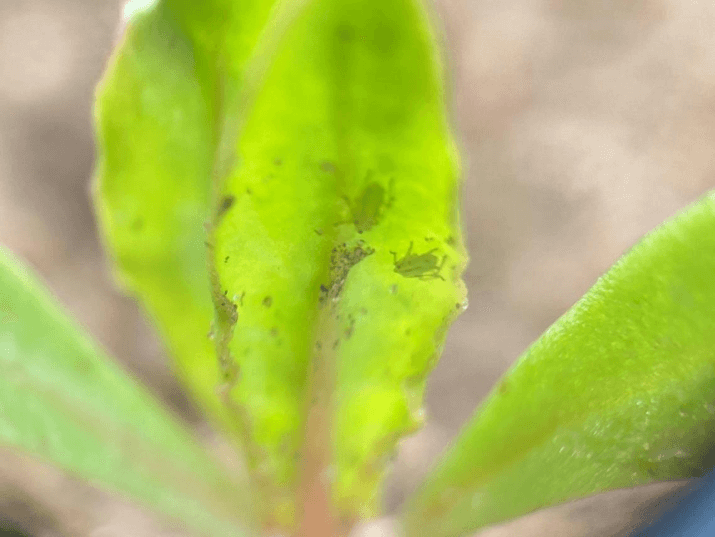
It is no wonder that the sugar processor keeps sending us highly enriched sugar biscuits — we are going to need the energy.
Others (Maize/SFI)
We have applied appropriate amounts of organic matter to the maize and have been getting land ready for drilling. It is hoped that planting will be finished by the end of this coming week. After that, the farm will take a pause.
What Big Concerns Do You Have at The Moment?
My dear old granddad used to tell my dad that “things are never as bad or as good as you think they are”. Very helpful and probably correct. Even the share price of John Deere is on the decline because of the lack of agricultural sales.
Sugar price negotiations for harvest 2025 will start soon. It’s a good job I’ve got some biscuits
